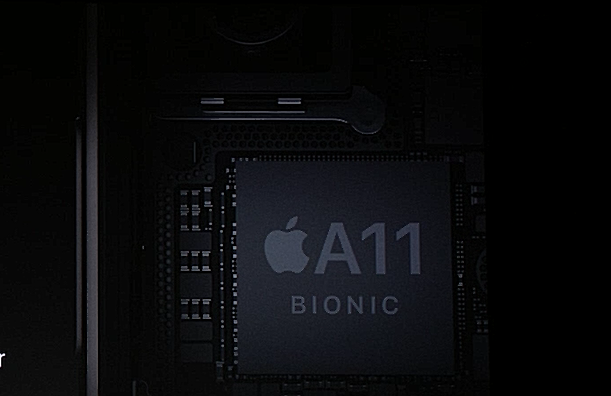Leaked iPhone X benchmarks shame the Galaxy S8 and 2017 MacBook Pro – but what’s the truth?

The iPhone X has only just broken cover and already the benchmarks are leaking, with some claiming Apple’s new flagship is more powerful than not only the Samsung Galaxy S8, but the latest MacBook laptops as well. We read between the lines to separate fact from fiction.
That’s according to a Geekbench listing spotted by Twitter used @KidPoolDead, which apparently shows an iPhone X single core score of 4095 and multi-core one of 9959.
To put that into perspective, the Galaxy S8 posts a 2024 single core measurement and 6279 multi-core score, while the OnePlus 5 clocks in at 1932 and 6495, respectively.
#iPhoneX spotted on GFXBench.https://t.co/lSPKKfAX5i#AppleEvent pic.twitter.com/CHTy9TLf87
— Kid Pool (@KidPoolDead) September 12, 2017
While that’s no doubt a point of grievance for Android fans, it’s not necessarily surprising that Apple’s most premium phone of all-time would best the competition in terms of its performance.
What is slightly mind-boggling is that the same tests show the iPhone X to beat the scores of Apple’s newest laptops and tablets. Here’s how they measure up, by way of comparison:
- iPad Pro 10.5-inch: 3558 single core, 9133 multi-core
- MacBook Air (2017): 3126 single core, 5935 multi-core
- MacBook Pro 13-inch (2017 w/Core i5): 4342 single core, 9194 multi-core
However, there’s a bit more to it to that.
Related: iPhone 9
Trusted Reviews Computing Editor Michael Passingham explains the nuances of comparing computer benchmarks with smartphone ones – and why you should probably take all those sensationalist headlines about the iPhone X ‘annihilating’ the competition with a shaker of salt:
We knew Apple’s new processor would be fast, and frankly we didn’t need a benchmark result to prove it. But to say that the A11 Bionic is categorically twice as fast as any other phone, and even close to the performance of a MacBook Pro is misleading at best and delusional at worst.
Benchmarks test a very specific subset of functions on a chipset, and don’t take into account every other part of a phone including other parts of its hardware and its entire operating system. Look at the numbers with glee if you like, but don’t think for a second you’re about to pocket a PC-power mobile phone.
In other words, the ‘leaked’ iPhone X benchmarks – legitimate or otherwise – don’t take into account a number of key factors that affect a device’s overall performance and are, at best, a rough guide to an SoCs raw speed potential.
Still, that doesn’t mean that the iPhone X – and its close relative, the iPhone 8 – aren’t worth getting excited about. There’s lots to love, for sure. But for a clearer idea of how the iPhone X is likely to match up against Android flagships like the Galaxy S8, it’s best not to believe everything you read in the headlines, but rather wait for a full review or in-depth guide.
Related: iPhone X vs Galaxy S8
What do you think of these leaked iPhone X benchmarks? Let us know by tweeting us @TrustedReviews.

